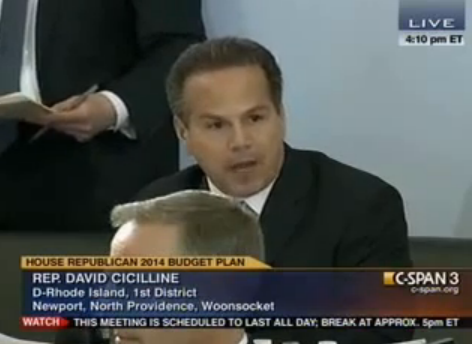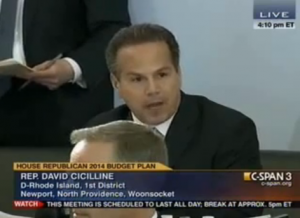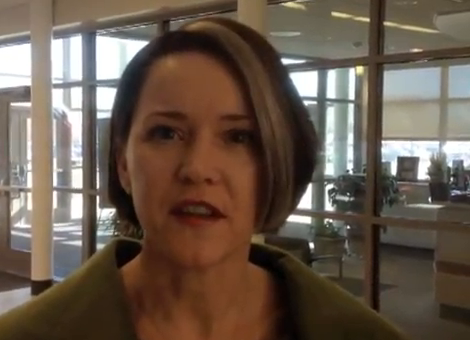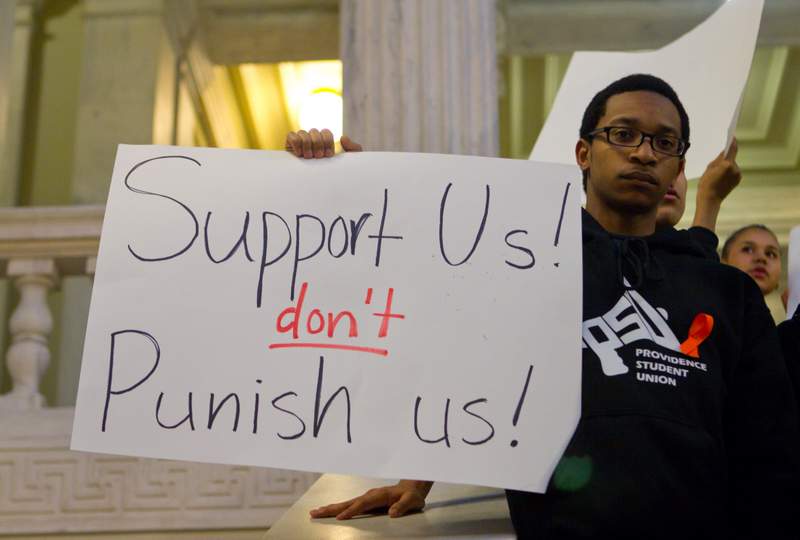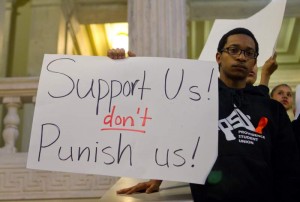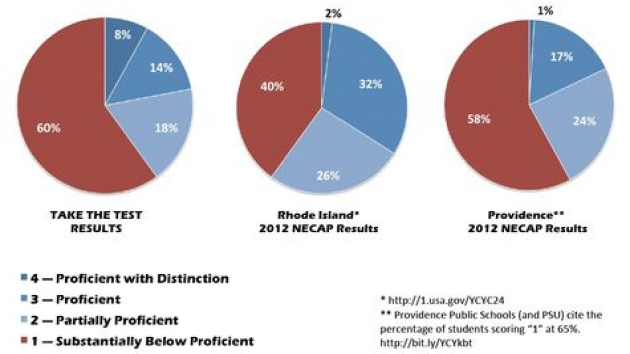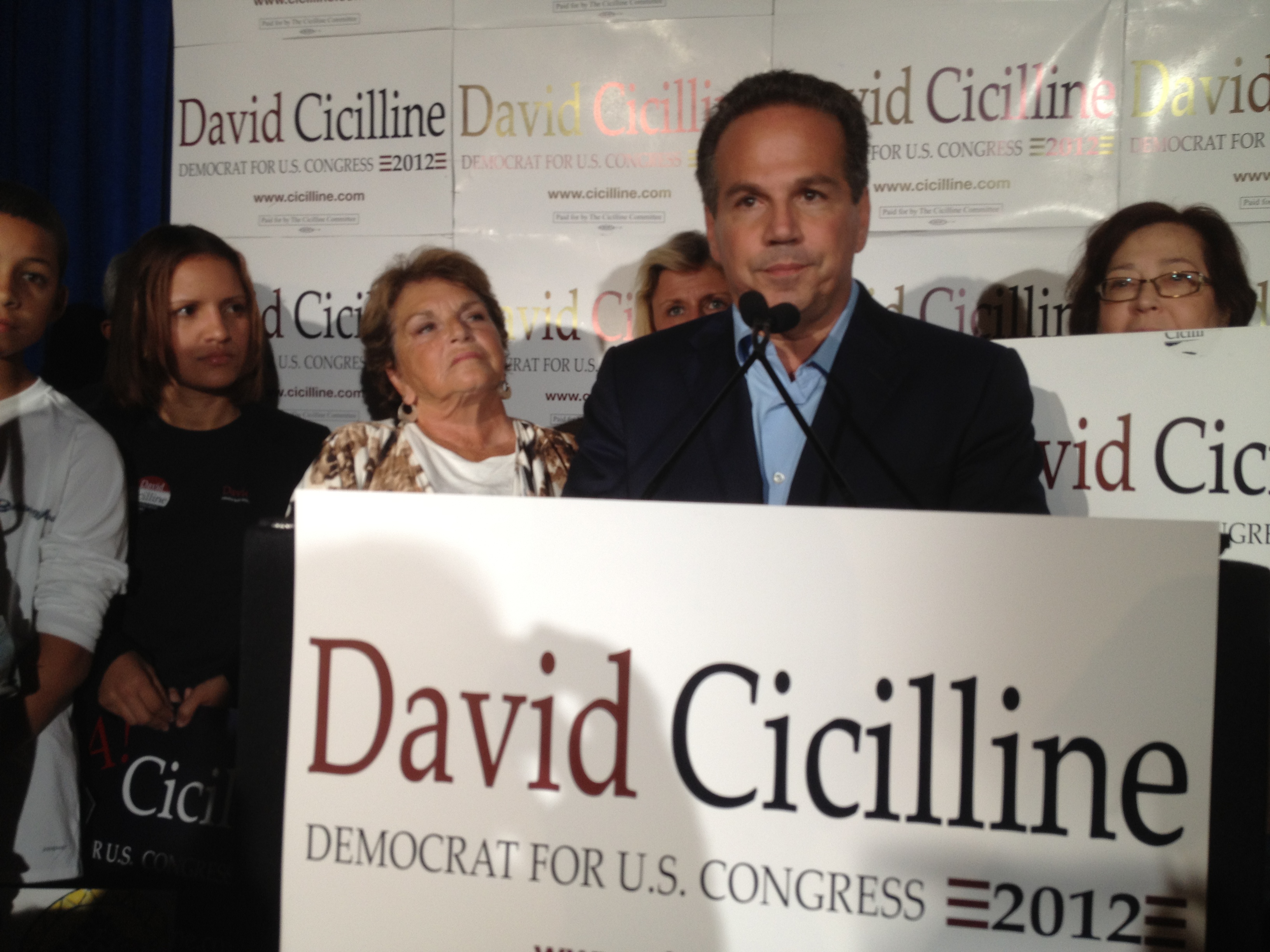
This past week, the House Labor committee heard from “Ban the Box” supporters, including a short film to illustrate the challenge of finding employment, and a new life, with a criminal past.
The film (available here) makes the case for House Bill H5507, known as “Ban the Box.” This piece of legislation removes that question, “Have you ever been convicted of a crime?” from job applications and provides key protections against employment discrimination for people with records. The bill is sponsored by House Representatives Slater, Chippendale, Williams, Almeida, and Diaz.
The film features employers and job applicants who would be directly affected by the legislation. Additional interviewees include Michael Evora of the Rhode Island Human Rights Commission; AT Wall, Director of the Rhode Island Department of Corrections; Misty Wilson, Organizer at the community organization Direct Action for Rights and Equality (DARE) as well as some of the bill’s sponsors. In the film, AT Wall calls employment opportunity “the key pillar” to success re-entry and Michael Evora says that Ban the Box is “one of the most important civil rights issues of our time.”
Opponents are uninformed, or hoping you are.
The Attorney General has been less-than-accurate in his depiction of the law and liability, by saying that it would be “unlawful,” under the legislation, for an employer to deny an applicant a job “based on his or her criminal record… [unless] there is a direct relationship between one or more of the previous criminal offenses and employment sought.”
“This act would open every employer in the State, both public and private, to civil liability in the hiring process that may actually have a chilling effect on new employment opportunities.”
There are three other reasons an applicant can be denied:
1. A state or federal law prohibition (such as many school, health care, law enforcement, or CEO positions);
2. Applicant is not bondable;
3. “unreasonable risk to property, or to the safety or welfare of specific individuals, employees, or the general public.”
It is impossible to anticipate any specific judicial interpretation of these reasons, as facts of every case will vary. However, one can safely assume that no RI governor has appointed any “anti-business” and “pro-criminally convicted people” to the bench. If so, I missed it. The fear mongering, of scaring businesses to steer clear, is (a) missing the realities of a statewide economy, and (b) overlooking the fact that Connecticut and Massachusetts have similar laws. This bill is also consistent with EEOC policy on the subject.
Many have overlooked that this law would only apply in scenarios where an applicant has already been offered a job, and then the employer wishes to revoke it based on a criminal record. Clearly the applicant has shown some job-worthiness. Considering most applicants will be people who never went to prison, or recently served small time for a small crime, it would be difficult for someone to “go straight” if years need to tick by… without crime and without a job.
Some have hypothesized that creating a few rules in the employment process violates the freedom of a business or organization to operate freely. Yet this is a right that nobody alive ever enjoyed, as the tax code and regulatory agencies have long subjected businesses and organizations to codes and laws. They have hypothesized that attorneys will file “frivolous” lawsuits, although this would open up such attorneys to sanctions under Rule 11 of the state and federal court rules. Considering all the other avenues for “frivolous” lawsuits, there is no indication that this will now create a new windfall. If one were to file, they might use the federal Fair Credit Reporting Act, one of the few statutes that provide for attorneys fees. The FCRA is currently in effect and there is no allegation of it being used frivolously.
A community must sink or swim together.
The love or hatred in one’s own heart is part of what makes us all human. Most of our beliefs are developed over time, and impacted by our families, schools, neighborhood gossip, television, social media, government policy and more. Policymakers, unlike private citizens, do not have the luxury of saying “I don’t care,” about a particular dilemma; nor are they allowed to have divisive beliefs. Not, at least, if they are trying to develop and build the health of their entire districts. Public policies such as drug prohibition, sending our youth off to war, or the refusal to provide a comprehensive mental health plan, have both intended and unforeseen consequences. Among them is narrowing of employment opportunities after labeling people with a criminal record.
Opponents to the legislation tend to characterize the systematic discrimination and exclusion of people from the job market as fair and responsible. The lifetime of punishments are placed on the shoulders of someone who broke the law, with little (if any) consideration to how long ago and how petty the offense(s) may have been. It is an understandable position to take when placed in the context of America’s long struggle with discrimination. Finally, perhaps, discrimination that everyone can agree upon? Yet just like the ostracism of Black people, women, Latino, gay, and transgender people…most Americans ultimately recognize everyone’s basic human dignity and right to a live in an inclusive society.
Over 100,000 ACI ID numbers in two decades.
When times get tough, such as during a serious lack of available jobs, it is tempting to fragment off and find a “Them” for an “Us” to rise up above. This will not work. We are too intertwined, too interdependent. In the past 20 years, the Adult Correctional Institutions have assigned over 100,000 identification numbers, most of which went to Rhode Island residents. Every one of them is more than a number. And as an employer in the film points out, many will work harder than others because they have something to prove.
This film is part of a larger project documenting the effect of criminal records on employment and re-entry. The film is produced by a team of Providence-based artist and film-makers, Rachel Levenson, Emmett Fitzgerald, Adrian Randall, Jonah David, Victoria Ruiz and Casey Coleman. Numerous community members and organizers have contributed to the writing and production of the film.
Media requests can be made to Rachel Levenson at rachelannalevenson@gmail.com






















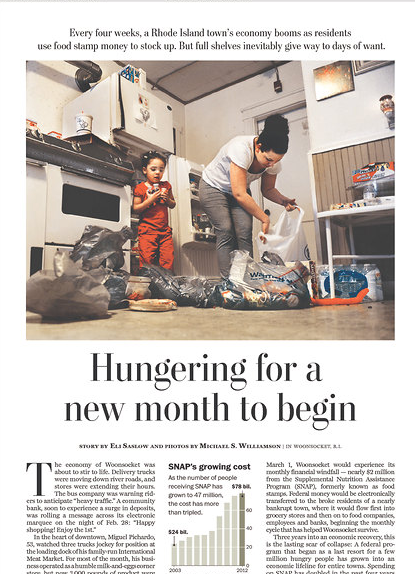

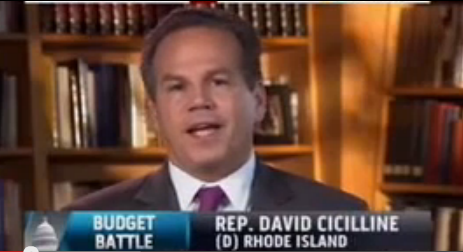
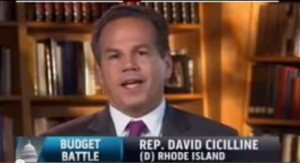
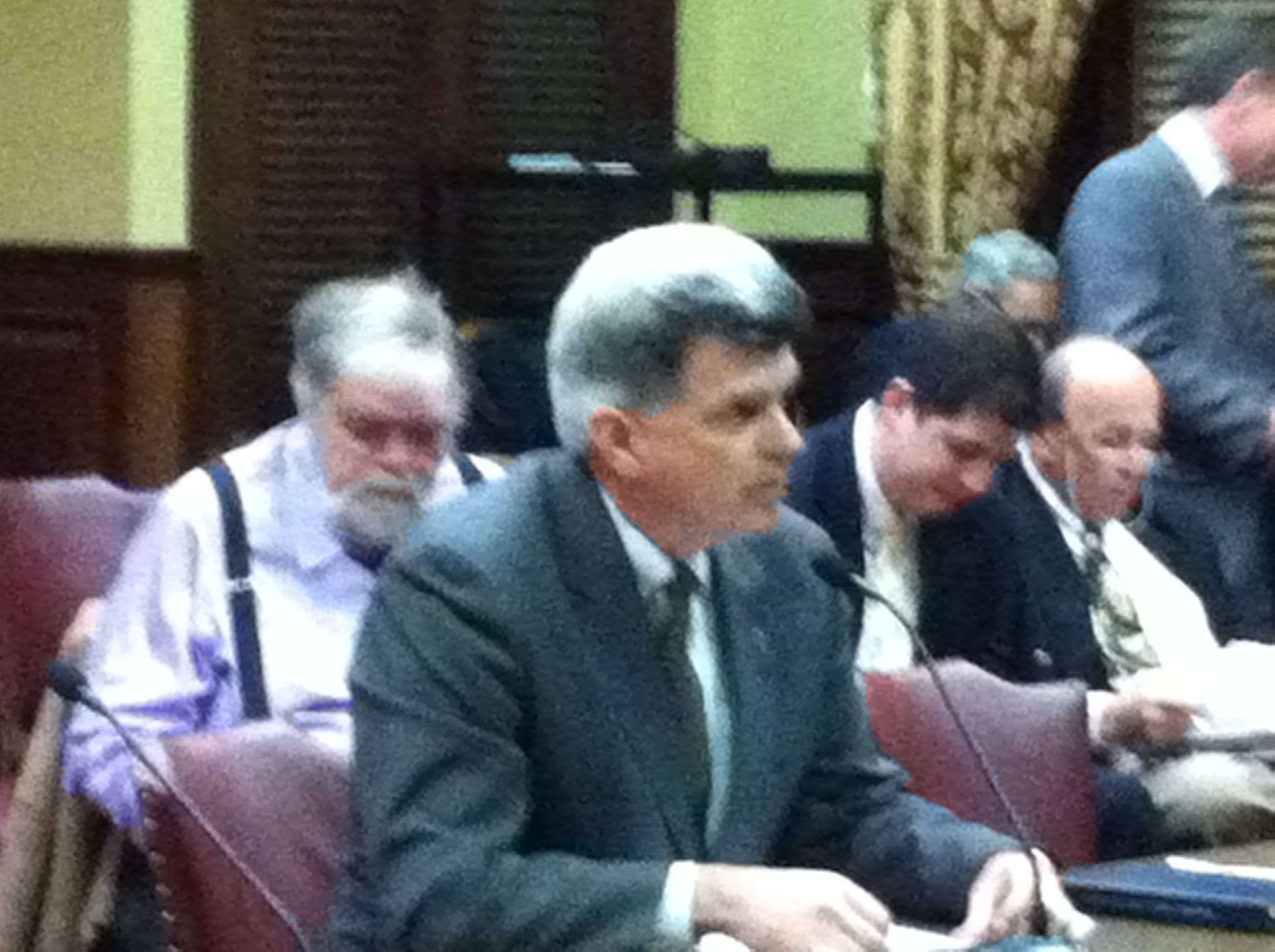
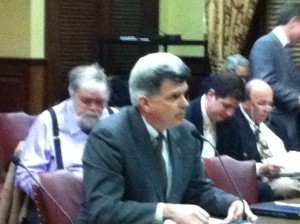
 On Thursday the Rhode Island Senate Judiciary Committee is scheduled to hold a hearing on the same-sex marriage bill. This bill will not be passed out of the Judiciary Committee without thousands of volunteers helping to build support, so folks should begin arriving on Thursday at 10:00 a.m. to make their presence known throughout the day. This is a crucial moment to make history, and we need any/all volunteers who can give an hour of their time, make a simple phone call, or write a letter to their senator.
On Thursday the Rhode Island Senate Judiciary Committee is scheduled to hold a hearing on the same-sex marriage bill. This bill will not be passed out of the Judiciary Committee without thousands of volunteers helping to build support, so folks should begin arriving on Thursday at 10:00 a.m. to make their presence known throughout the day. This is a crucial moment to make history, and we need any/all volunteers who can give an hour of their time, make a simple phone call, or write a letter to their senator.

